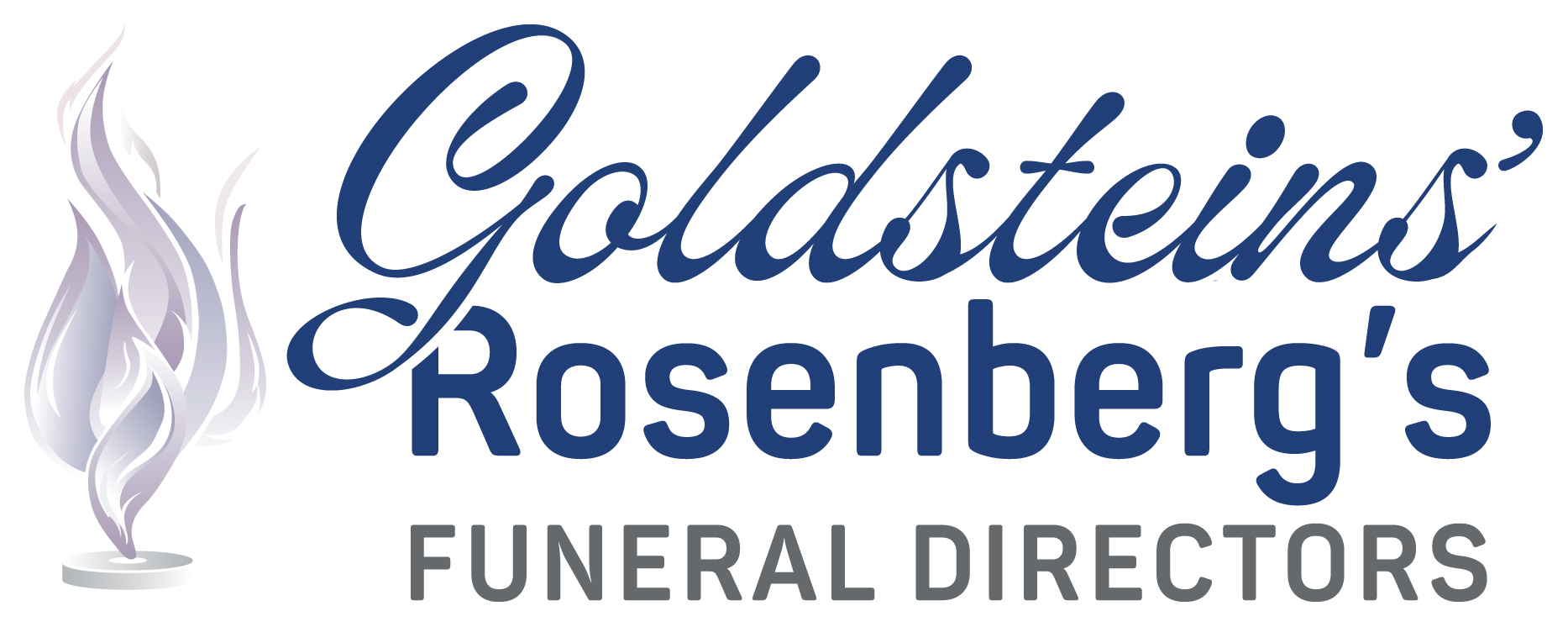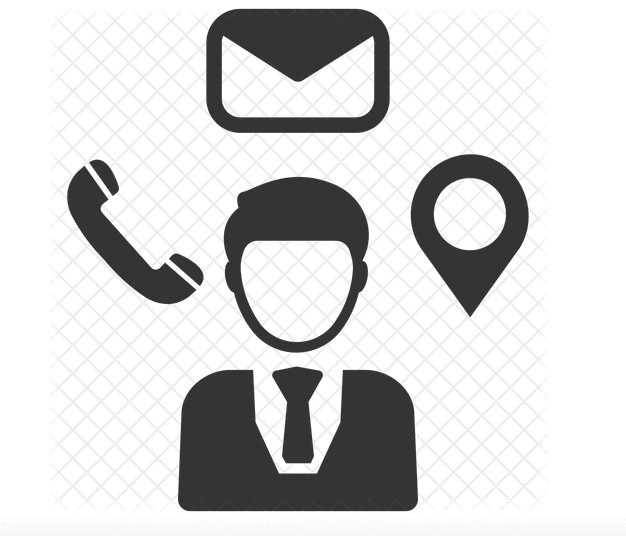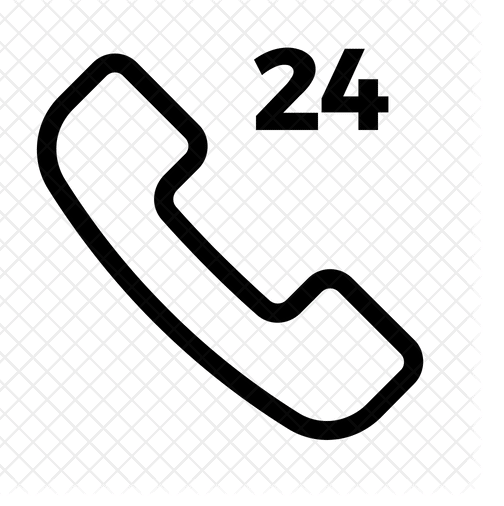
Meet Our Grief Support Group Counselor—She Provides a Lifeline Connection for Those in Mourning
“Today I have a choice. I can think about the past and mourn my losses, or I can embrace the future and live in hope.” ~ Anonymous
After a loved one dies, one comforting ritual is to join a grief support group that can help you understand the depth of your loss and allow yourself to grieve. With a family legacy spanning back to 1877, Goldsteins’ Rosenberg’s Raphael-Sacks Funeral Home understands the need to honor a mourning process and for over ten years has been providing bereavement support groups for widows and widowers sixty years and older.
The grief process has no set timeframe but creating rituals can help us mourn our losses while also finding comfort.
“Support groups are even more critically important now with many people being isolated in their time of grief when they need people the most,” Rivka Powers said, who has a MSW and is the Director of Bereavement Services for Goldsteins’. “These people have lost half of themselves, half of their being.”
With COVID-19 restrictions putting a pause on in-person meetups this past year, Rivka had many on the waiting list, knowing the meetings would start up in person soon. However, she quickly saw that these people desperately needed this group, needed each other—and needed the support—so Rivka started Goldsteins’ first online bereavement group session.
Rivka knows how to help bereaved spouses and is one herself, having lost her husband several years ago, and has always gravitated toward senior citizens.
“Ever since I was young, I wanted to be around older people,” Rivka said. “I never had grandparents as they were murdered in The Holocaust. We’d have Grandparents Day at school, and I would be devastated and cry. I always wanted a Bubbe and a Zeida.”
Social work was her ideal vocation. After receiving her MSW, Rivka was employed for 26 years as Director of Social Services at a local Jewish Community Center, ran previous grief support groups for Goldsteins’, and worked in a nursing home for several years.
“I finally had a lot of grandparents,” she said with a smile. “And when Goldsteins’ offered me this role again as bereavement counselor in 2017 after my husband died, I knew it was the right time to get back into it. I didn’t want a job with computer work but one with people work.”
Rivka was also over 60 and had lost a spouse, so it helped her connect much stronger with group members. She could relate to their specific pain. She had also worked with Goldsteins’ ten years before as a bereavement counselor and the position was meant to be.
Goldsteins’ meetings for the recently bereaved are closed once the group fills up and then they gather over a twelve-week period, whether in-person or virtually. The average group size runs with six to eight widows or widowers who are over 60 years.
Rivka also leads an ongoing post-bereavement group that is open for membership at any time for those in mourning a year or longer. “Many of these people have been with their spouse for so long they don’t know how to live on their own, and that is a very real struggle,” Rivka said. “To aid in this struggle as best we can, our sessions include a diverse mix of lesson plans, resource handouts, and group rules to maintain a safe and respectful environment.”
Rivka knows that moving through grief is a long process that can often include one-step forward and two-steps backwards. However, she says, there are signs that you are moving toward healing. These can be things like enjoying time alone, establishing a new routine without your loved one, reaching out and helping someone in a similar situation, laughing without feeling guilty, and having eating and sleep patterns return to normal.
“There are many stages people go through in mourning and our focus is to work through real life problems,” Rivka said. “And resolving grief often takes longer than we expect.”
She knows how important it is for a support group to click and believes that taking time to express our sorrows in a healthy setting can improve the quality of our lives. “We give support to one another in a safe and non-judgmental place,” she said. “Everyone feels comfortable to express themselves without being concerned about what people might think.”
Rivka noted that grief support groups always start out with a lot of questions of how to overcome grief, but with the support of other participants and new friendships developed, the journey to a ‘new normal’ soon begins. Rivka is often in touch with the participants between sessions to see if they need extra support, and on many occasions, she has referred them for one-on-one bereavement counseling with a therapist to meet additional needs.
It’s an emotional experience to be a bereavement facilitator and one where you need to practice self-care to keep your spirits up. Rivka also enjoys being a matchmaker as a hobby as well as counseling people through grief. She’s found a balance with the happy and sad parts of life, talking with people crying over loss and then people who are joyous and hopeful about meeting someone, falling in love, and getting married. “It’s a balance to be found, for sure,” she said. “To be involved in life’s spectrum from beginning to end is a gift.”
Moving through grief is a difficult challenge unique to each person. If you’ve recently lost your spouse, Goldsteins’ Rosenberg’s Raphael-Sacks welcomes you to join one of their widow and widowers’ bereavement support groups. Designed for those 60 years and older, these groups are an encouraging place to share thoughts and feelings in a professionally facilitated setting. Registration for all our groups is required but there is no cost to participate.
“We meet with widows and widowers all the time and it’s important for you to understand that you are not alone,” Rivka said. “Sharing thoughts, feelings and support with others in a comfortable environment may help ease the pain, and we hope that our groups help you on your healing journey.”
For more information on joining one of Goldsteins’ bereavement groups or to register, contact Rivka Powers at rivkapowers55@gmail.com or call 215-677-1600.





